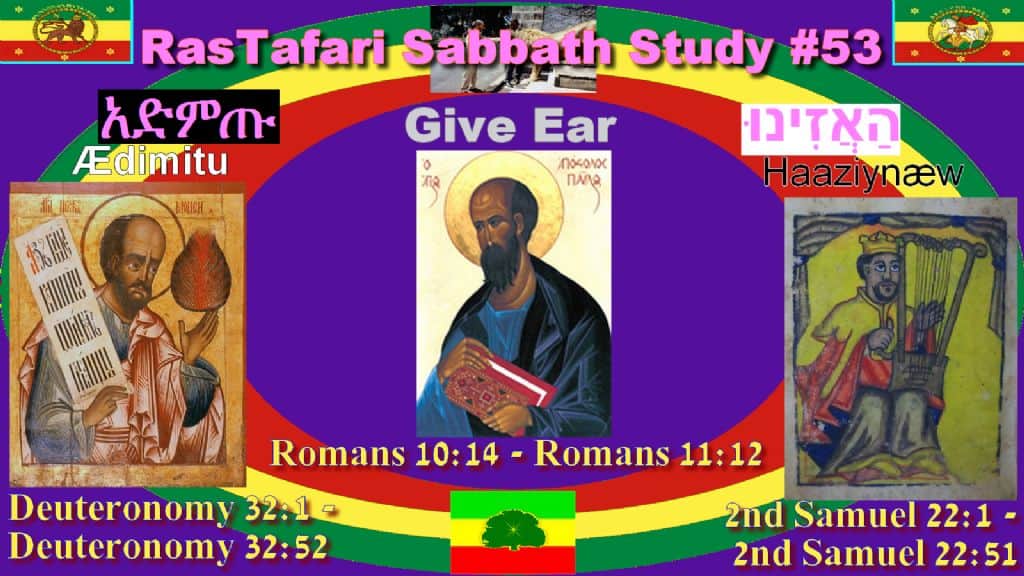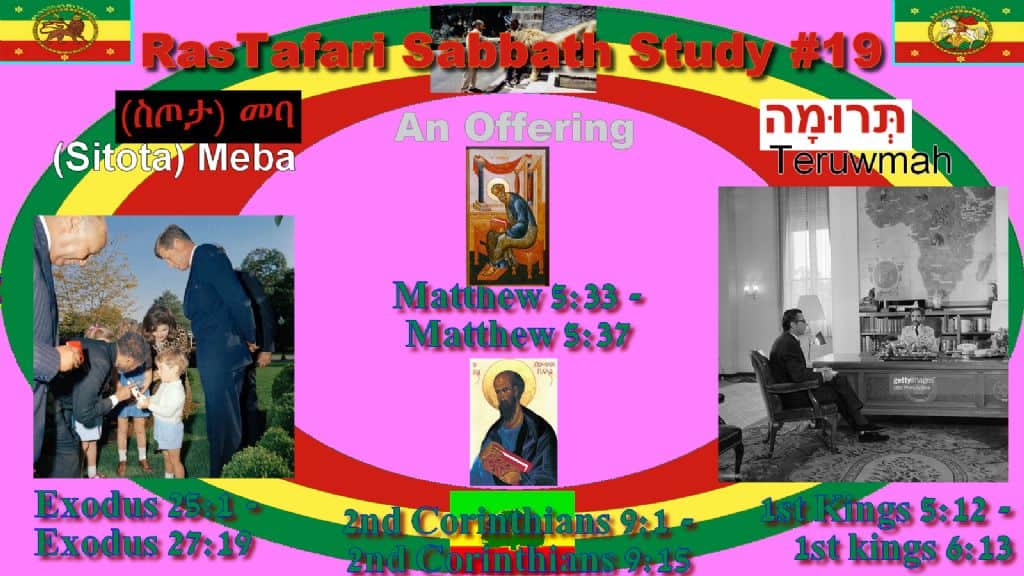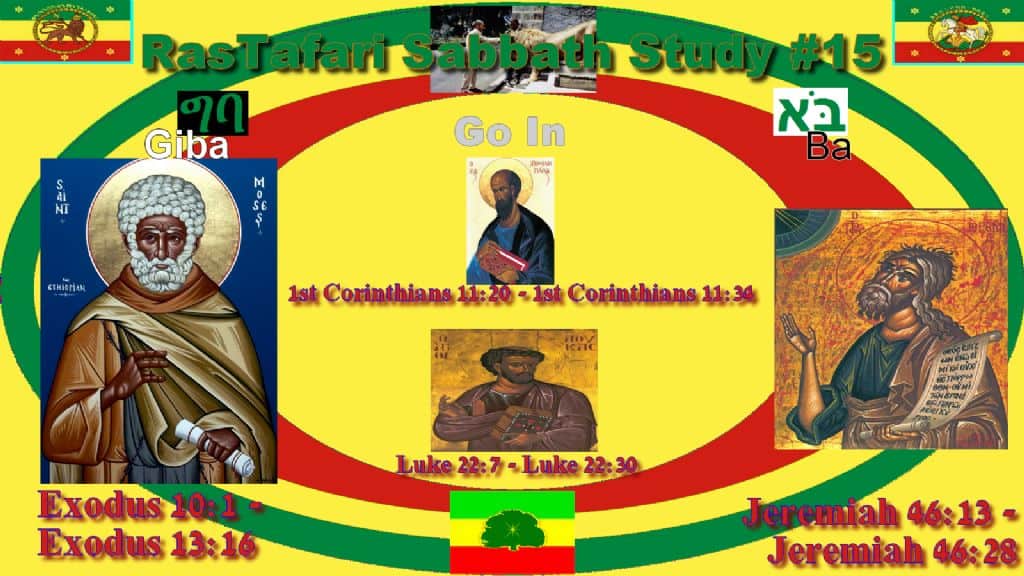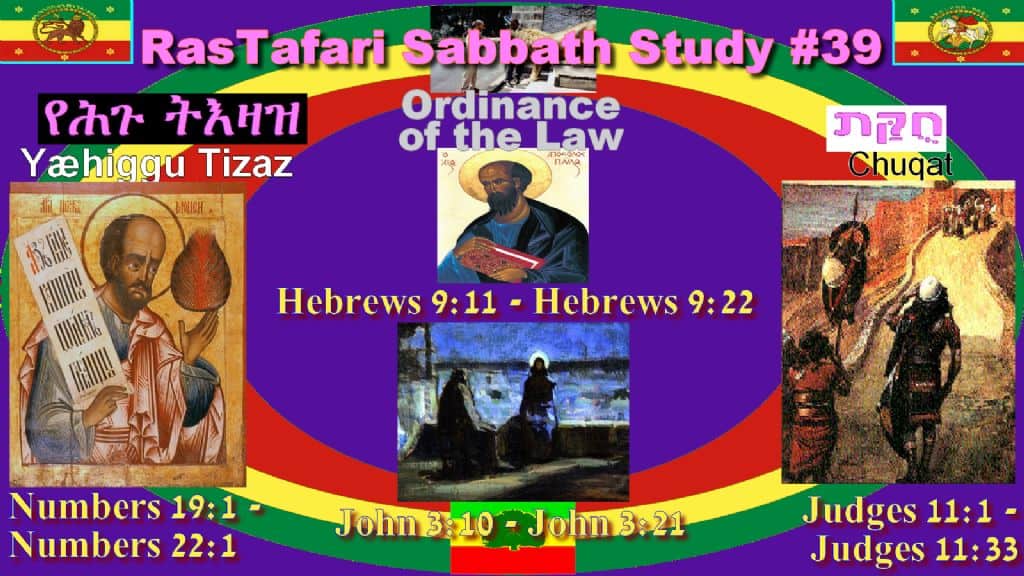This Week’s Portion #7
Vayetzei | ויצא | “And he went out” ወጥቶ | weTT’to [weTito]
*For a PDF version of All the Torah Portions Schedule, click here to download!
2. Prophets Reading
Hos 12:12-14:10
3. New Testament Reading
John 1:19-51
Portion Outline – TORAH
- Genesis 28:10 | Jacob’s Dream at Bethel
- Genesis 29:1 | Jacob Meets Rachel
- Genesis 29:15 | Jacob Marries Laban’s Daughters
- Genesis 30:25 | Jacob Prospers at Laban’s Expense
- Genesis 31:1 | Jacob Flees with Family and Flocks
- Genesis 31:22 | Laban Overtakes Jacob
- Genesis 31:43 | Laban and Jacob Make a Covenant
Portion Outline – PROPHETS
- Hos 12:2 | The Long History of Rebellion
- Hos 13:1 | Relentless Judgment on Israel
- Hos 14:1 | A Plea for Repentance
- Hos 14:4 | Assurance of Forgiveness
Portion Study Book Download & Summary
BEREISHIT Hebrew Book of Genesis – Torah Portion Vol.1 (FREE PDF)
The seventh reading from the book of Genesis is named Vayetze (ויצא), which means “and he went out.” The title comes from the first verse of the reading, which says, “And Jacob went out from Beersheba” (Genesis 28:10 KJV). This portion tells the story of Jacob’s flight from his brother Esau, his vision at Bethel, his employment with his uncle Laban and his marriage to the two sisters, Rachel and Leah. Jacob’s double marriage results in a baby-bearing contest that gives him eleven sons. At the end of the portion, Jacob leaves Laban and returns to the land of Canaan, but not before Laban tries to stop him.
Portion Commentary
The Ideal Family
Thought for the Week:
The Wrong Place: Jacob felt like he was in the wrong place and his years were being wasted. People often find themselves in jobs, careers, homes and even family arrangements that make them feel as if they are far outside of God’s plan. The story of Jacob teaches us that God might place us in such situations specifically to bless us and work out His purposes. Jacob teaches us to be faithful wherever we find ourselves and to keep committing ourselves to the care of God. Jacob’s term of service in Laban’s household resulted in the birth of the nation of Israel.
Commentary:
So Jacob went in to Rachel also, and indeed he loved Rachel more than Leah, and he served with Laban for another seven years. (Genesis 29:30)
There are few ideal families in the Bible. Jacob’s certainly wasn’t. As if it was not bad enough to have two wives, they were sisters. Being married to the same man made them bitter rivals. This made for such a dysfunctional combination that the Torah later legislates against marrying sisters (Leviticus 18:18). The sisters added to the dysfunction by offering Jacob their maidservants, Bilhah and Zilpah, as additional baby-makers in their contest to bear sons. And you thought keeping the peace with one spouse was difficult! Try having four.
Jacob’s family was far from the ideal. Yet his children were the fulfillment of the Abrahamic promise. His children were, quite literally, the “children of Israel.” This teaches us that God is able to work (and chooses to work) His purposes in less than ideal conditions. Have you ever felt like your family is an embarrassment? “If only we looked like the smiling, perfect family on the cover of the homeschool magazine,” a frustrated mother sighs. Today, broken families and second marriages are common. Obviously this is not the ideal, but God can work with even the worst of circumstances. He is the God who brings order out of chaos and shines light into darkness.
Jacob could have become bitter and complained to God, “I wanted one wife, and now I am stuck with four! How could You do this to me?” But this less-than-ideal family situation he’d landed in was God’s way of multiplying Jacob’s seed and keeping the promises made to Abraham.
Middot U’Mitzvot (Character and Deeds)
What You See Is What You Are
So the flocks mated by the rods, and the flocks brought forth striped, speckled, and spotted. (Genesis 30:39)
Jacob engaged in a little genetic-engineering experiment. He peeled sticks to make spotted, striped, speckled and dappled patterns on them and placed the peeled sticks near the water troughs during mating season. It was a common belief that a vivid sight during pregnancy or conception would leave its mark on the embryo. Therefore, if the solid-colored livestock saw the sticks while pregnant, they would give birth to striped, spotted, speckled young. It seemed to work. Jacob became exceedingly prosperous.
From our modern perspective, this incident sounds dubious, but there is a lesson to be learned here. That which we place before our eyes impacts the inner person. Jacob believed that sheep looking at striped sticks would bear striped young. That may or may not be the case, but it is certainly true that when we view things that are shocking, disturbing, immoral, violent or perverse, those images leave an impact on us. Sometime later, we give birth, as it were, through deeds, action and speech patterned after the things we have been placing before our eyes.
For example, a person who watches television regularly cannot help but absorb the culture and values expressed on the television programs. The images he sees become a permanent part of his internal being because they are imprinted on his brain. The dialogue he hears begins to write new speech patterns in his mind. This is why King David declared, “I will set no worthless thing before my eyes; I hate the work of those who fall away; it shall not fasten its grip on me. A perverse heart shall depart from me; I will know no evil” (Psalm 101:3–4).

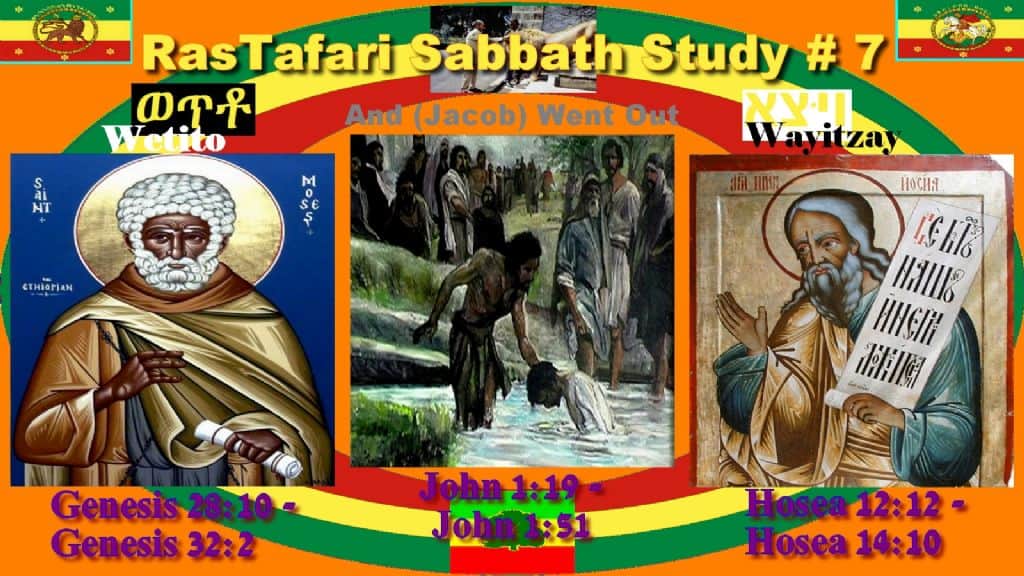
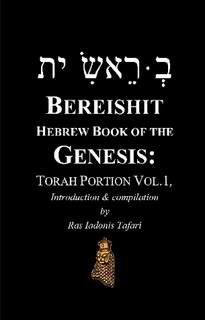
![Vayetzei | ויצא | "And he went out" ወጥቶ | weTT’to [weTito]](https://www.lojs.org//wp-content/uploads/2016/12/Discipleship-Radi0-RasTafari-Bible-Readings-7.jpg)
